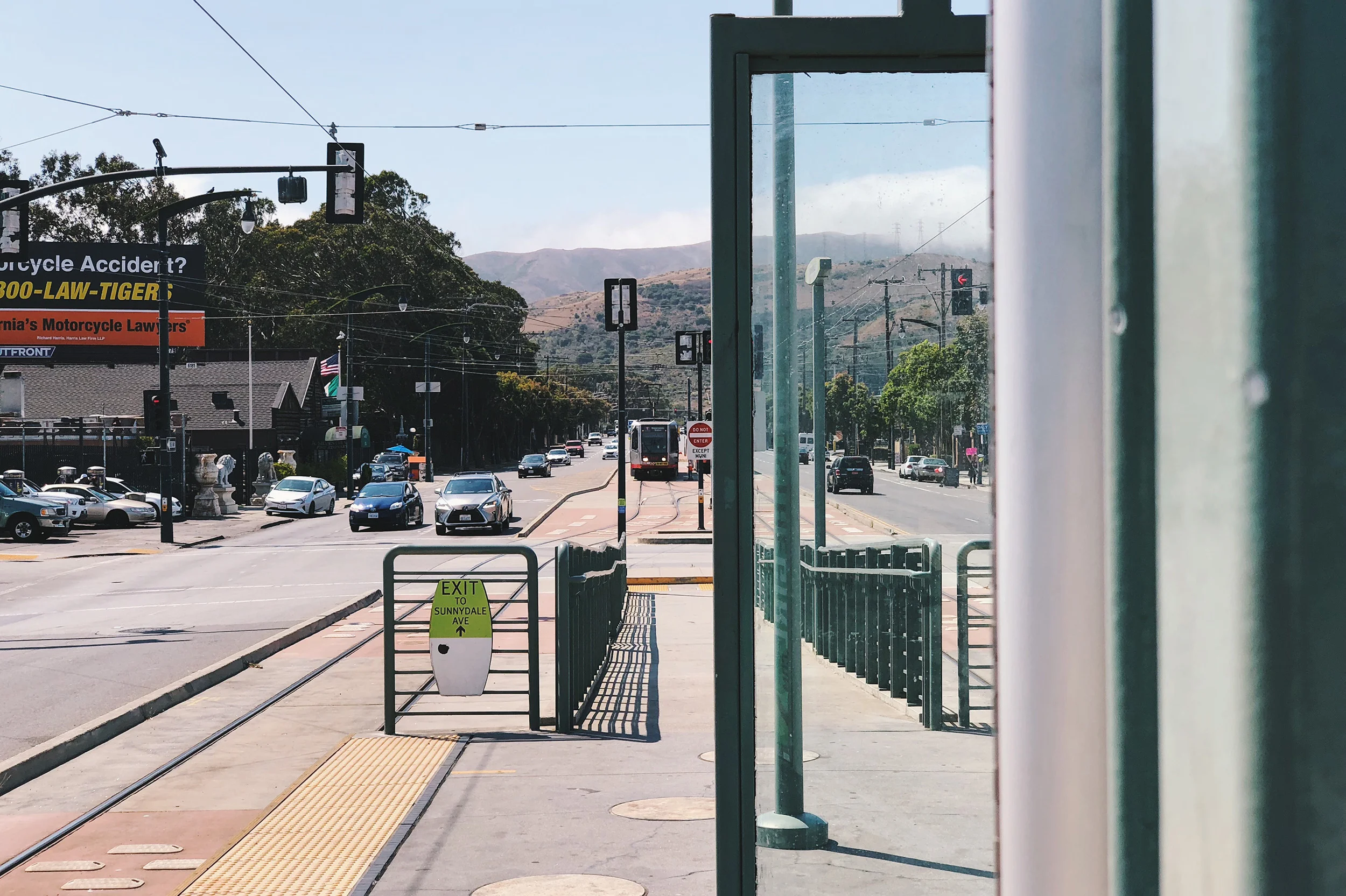Today is Apple’s annual new iPhone announcement event, and mere hours from me typing these words right now, I will find out how spectacular of a phone I shall be getting really soon. Before all that happiness however I’d like to talk about the iPhone X, a phone I’ve thoroughly enjoyed for almost a year.
It’s an interesting reflection of human nature that we’ve grown accustomed to iPhone X’s eye-watering price. Starting at a hair under a thousand dollars - which itself is shocking enough, I of course simply had to get the SKU with additional storage (Apple, as ever, was clever to provide the “base” model with only 64 gigabytes), so the final suggested purchase price of my 256GB unit is $1,149.
It’s been said that smartphones are essentially computers that fit in our pockets; well, now they cost the same as one too. The price shock quickly wore off, though: nowadays when I see smartphones costing in $700 dollars range, I think of them as inexpensive. Hashtag crazy rich Asians.
I have to say the iPhone X is absolutely worth its significant purchase price. It’s easily the most transformative iPhone since iPhone 4. A return to glass on the back, along with the stainless-steel band, makes iPhone X feel tremendous to the hand. It’s solid and exquisite to the touch, so much so that I decided from the outset to not put a case on it. 10 months later and aside from a few nicks on the band from the two times I dropped it on solid ground, my iPhone X have held up excellently.
Operationally, the iPhone X, to quote the late Steve Jobs, is a screamer. Everything is incredibly fast and fluid, and it makes using lesser phones and tablets (my Microsoft Surface Pro 4) a frustrating experience. Why can’t all touch devices be this responsive? Lag is nonexistent, and apps closes and switches with nary a hiccup; I don’t think I’ve ever had to perform a hard-reset. The fact that I can edit 42 megapixel photos from my Sony A7R2 camera right on my iPhone X and it’s all super smooth is a testament to Apple’s ingenuity with its A series silicon.
Suffice it to say the camera on the iPhone X is sublime. I’ve said it before: we are ever close to having photos from smartphones be indistinguishable from those out of traditional DSLRs.
What about the new features? The transition from nine years of having a home button to Face ID feels incredibly natural. It’s amazing what Apple has done with the feature in its first generation (Touch ID was a logistical mess when it first debuted): Face ID simply works, and its miss-rate is no worse than the fingerprint sensor of previous phones. As for the edge-to-edge OLED screen and the much maligned “notch”, let’s just say there is a reason all the other Android phone manufacturers are copying it, and not doing a very good job either. What’s the point of the notch if you’ve still got a chin bezel at the bottom?
While I am excited about the next iteration of iPhone, I’d be completely okay if I were to keep my iPhone X for another year (I won’t be, just saying). It’s still superbly quick and chews through everything I throw at it, and the camera module is still amongst the class leaders. Apple have engineered the iPhone X so magnificently that aside from the obvious screen size increase I’m honestly stumped as to how they will improve the other parts.
We shall see in a few hours.
That time when I was the only passenger on the train and it wasn’t late at night.





